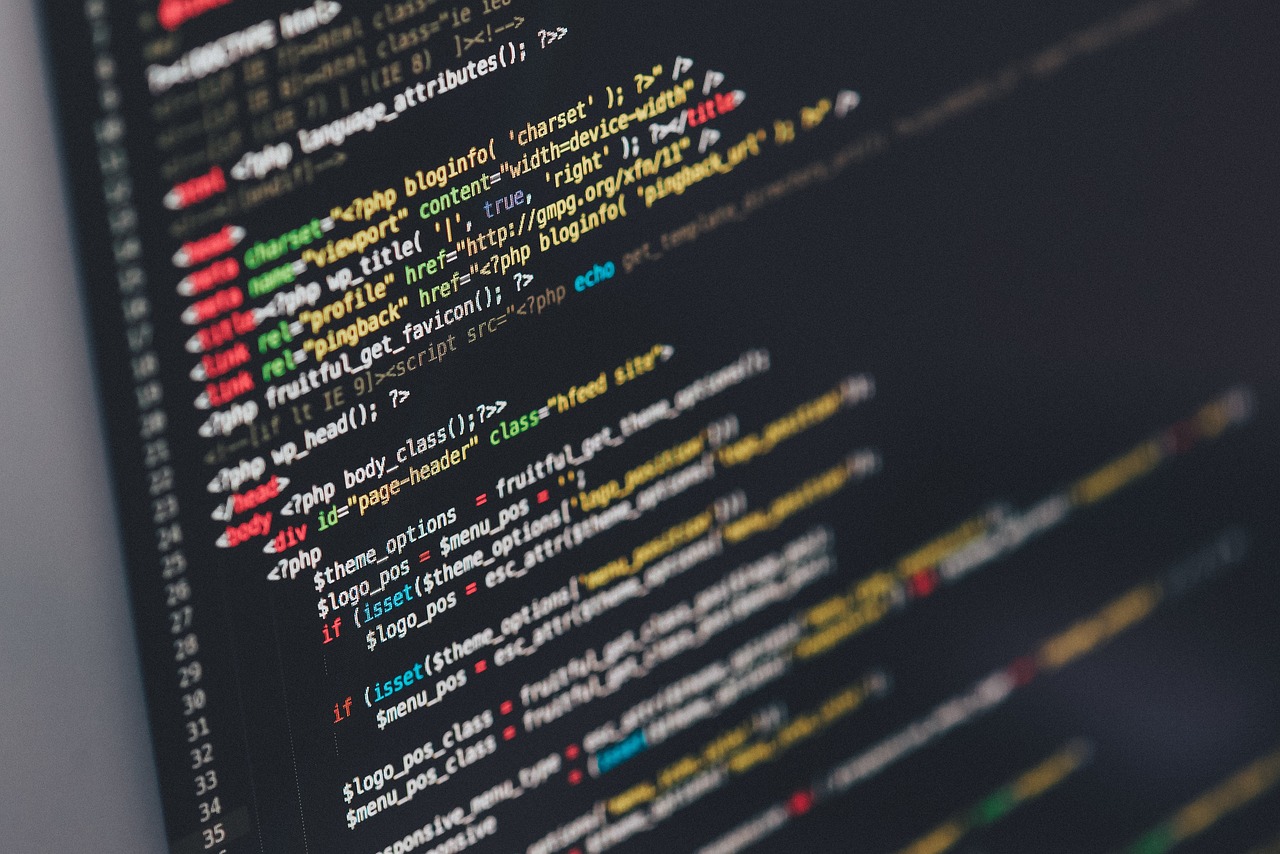Learn Programming Without Spending a Penny
Learn Programming Without Spending a Penny
Blog Article
Learning to code doesn’t have to be expensive. With dedication, effort, and the right cost-free tools, anyone can pick up how to code. Start with the basics, stay steady, and soon you'll be mastering coding languages and developing your own applications. Best of luck coding!
How to Learn Coding for Free
In today's tech-driven world, coding has evolved into an essential skill for different industries. Whether you are seeking to boost your career, transition to a new career, or explore a fun hobby, coding is an rewarding step. However, one common misconception is that learning to code demands paid courses or degrees. The truth is, it's possible to learn coding at no cost. Below is the way to start.1. Choose a Programming Language
Before you begin, it’s important to figure out which coding language you want to start with. Each language has its own uses, and picking the right one depends on your objectives. Below are a few popular options:Python: Renowned for its clear syntax, Python is a fantastic pick for beginners. It’s widely used in web development, data analysis, artificial intelligence, and automation.
JavaScript: If you're keen on developing websites, JavaScript is a key language. It's implemented to create interactive features on websites and is often used with HTML and CSS.
HTML/CSS: These aren't programming languages, but if you’re aiming to build websites, HTML and CSS are the backbone for laying out and beautifying web pages.
Java: A flexible language implemented for developing Android applications, backend systems, and large corporate systems.
C++/C#: These are more advanced languages, often applied to game development and system software.
Start by selecting a single language, then explore free resources tailored to it.
2. Explore Free Online Platforms
Because of the free-sharing culture of the programming world, you can find a treasure trove of free resources online to begin learning. Some of the best platforms include:Codecademy: Delivers interactive coding lessons in different languages like Python, JavaScript, and Ruby. The basic courses are free, letting you code right away.
FreeCodeCamp: A all-in-one platform that offers courses in web development, data visualization, and more. You can even get certifications and contribute real-world projects.
Coursera and edX: These platforms provide free access to coding courses from universities like Stanford and MIT. You can follow the courses without needing to buy certificates.
Khan Academy: Delivers instruction in computer science and programming with a focus on JavaScript and web development.
YouTube: Many coding experts offer free lessons on YouTube. Channels like Traversy Media, The Net Ninja, and CS50 offer hours of content focused on various topics.
3. Practice, Practice, Practice
Programming is like acquiring a second language—it requires practice. Theoretical knowledge is key, but hands-on practice is where real learning happens. Some platforms offer chances to practice coding directly in your browser:HackerRank: A widely used site that offers coding challenges and competitions. It’s a great way to practice problem-solving skills.
LeetCode: Used by developers getting ready for technical job interviews, LeetCode offers a wide range of coding problems in various languages.
Codewars: Offers coding exercises called "katas" to help you progressively get better.
4. Join Online Communities
Learning to code can feel overwhelming at times, but you're not alone. Connecting with an online community of like-minded developers and coders can give assistance, advice, and encouragement. Websites like Reddit (r/learnprogramming) and Stack Overflow allow you to ask questions and engage with other coders. GitHub, another key resource, lets you collaborate on coding projects, add to open-source software, and observe other developers’ code.5. Build Projects
As you gain confidence, begin creating your own projects. Whether it's a personal website, a simple app, or a small game, starting from zero will solidify your knowledge and demonstrate your skills. You can also display your projects as part of a portfolio for future job opportunities. Additionally, your projects can serve as part of a portfolio for prospective employers or companies. This will highlight your talents, but also prove your commitment to learning and growing as a coder.Final Thoughts
Acquiring programming skills doesn't require a financial investment. With cost-free online platforms, you can master coding from scratch. Start small, practice consistently, and connect with the coding community. In time, you’ll develop your own applications and unlock new career paths.Find out more on - While loop in C programming Example Report this page